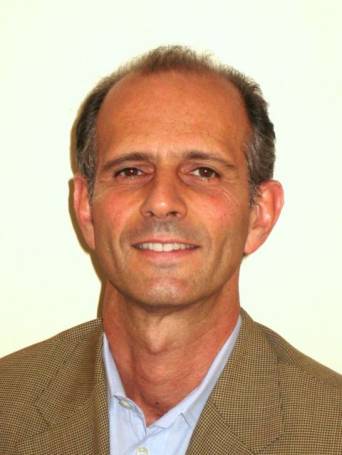
Jerry Salama develops and manages affordable commercial and residential projects in Harlem, including gut rehabilitation of occupied low-income housing with tax credits and new construction middle income-homeownership and rental housing. He is currently developing a new construction 340,000 square foot commercial and non-profit community facility on the site of the abandoned Taystee Bakery in West Harlem. Back in 2000, Mr. Salama created and administered the first-ever equity fund for the acquisition and stabilization of affordable housing throughout New York City’s low-income communities. He has served as the Deputy Commissioner for Housing Management and Sales of the New York City Department of Housing Preservation and Development (HPD) where he supervised property management services for 36,000 City-owned housing units and designed and implemented new programs for the financing, rehabilitation and sale of these buildings. Mr. Salama was also a real estate lawyer at the firm of Paul, Weiss, Rifkind, the Acting General Manager (Chief Operating Officer) of the New York City Housing Authority and Counsel to the Deputy Mayor for Finance and Economic Development.
At NYU, he is an Adjunct Professor of Law, teaching a course on Land Use, Housing and Community Development in New York City with Prof. Sarah Gerecke. He has published studies on the redevelopment of public housing under the HOPE VI Program and on reducing the cost of new housing construction in New York City through the Furman Center for Real Estate and Urban Policy. He also worked with Professors Vicki Been and Ingrid Gould Ellen on the development of the Subsidized Housing Information Project (SHIP) created at the Furman Center. Mr. Salama is a graduate of Harvard Law School, the Kennedy School of Government and the University of Pennsylvania.